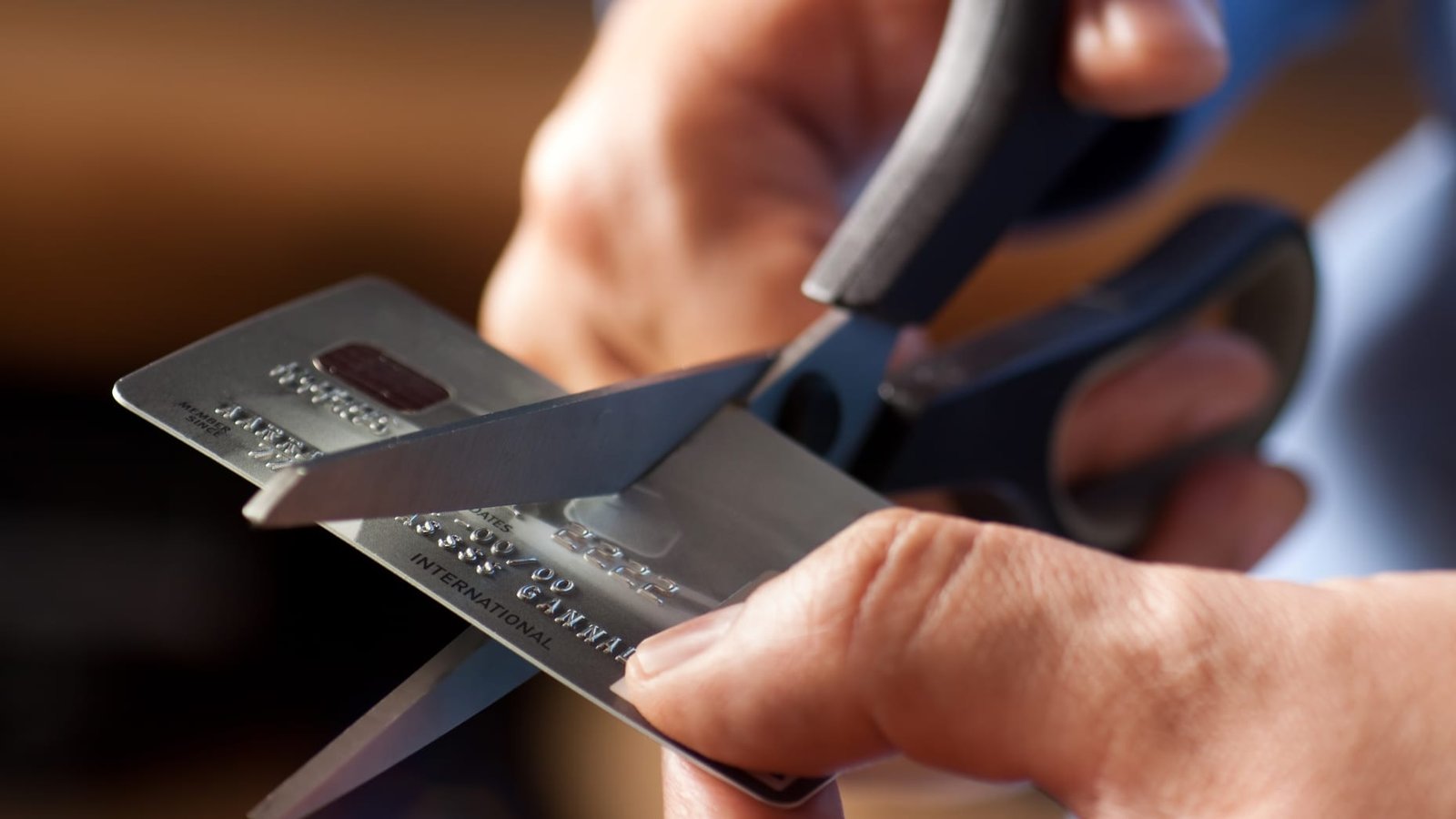Knowing when and how to deactivate a credit card may be a challenging decision, as it directly impacts your financial health. Additionally, issuers take many steps to ensure you continue using it. This includes offering incentives not to close the card.
However, there are many valid reasons to deactivate your cards. When you decide to close the card, a few steps are involved, from planning to verification and then confirmation. Here is an overview of the complete deactivation process for credit cards.
Steps to Deactivate a Credit Card
Access Your Financial Situation
First, analyse your financial situation before you close your credit card. You should only cancel your card if you have a valid reason to cancel a credit card. This can be either high fees or interest rates.
Pay off Your Credit Card Dues
The next step is to fully pay off your outstanding balance before considering closing credit cards. This ensures you have no pending balances if you have an unused credit card. If you do try to deactivate your card before paying off the dues, it can cause a delay in the process.
Claim Your Rewards
While using your card, you must have collected many reward points. It is important that you redeem all these points before deactivation. Any unredeemed rewards will get lost after the cancellation of your credit card. This step helps you avoid any loss or disappointment later.
Contact Customer Care Number
Once you have done all the preparation, you can inform your issuer about your decision. For this, you need to call customer care to initiate the termination of your credit card account.
Send a Closer Request
In addition to making a call, sending a letter to the issuer is important. In the letter, provide all the essential details regarding the card number, personal details, employment, resident, address, etc.
Ask for a Confirmation Letter
Request written approval of your account closure information to keep your financial record updated. This is to confirm that the issuer has closed your account, and there are no dues left to pay from your side.
Discard Your Card Safely
To prevent fraud, destroy your unused credit card once they confirm the deactivation request. You should cut the card right from the chip, ensuring no one can use it.
Check Your Credit Score
The last step is to regularly monitor your credit card CIBIL score after closing your card. This step is important for your credit health.
Common Reasons to Deactivate a Credit Card:
Here are some common reasons to consider when you want to deactivate a credit card:
- If it is lost or stolen to prevent fraudulent activity
- If it has high APR or fees
- If you have too many credit cards and managing them and bill payments has become difficult
- If you have some credit cards that you no longer use due to personal preference or because the benefits no longer align with your spending habits
- If deactivating can help you prevent the accumulation of debt
Tips to Close a Credit Card Without Hurting Your Credit Score:
Credit cards are a great tool to build your credit history and score with timely repayment. As such, closing them can cause damage your financial health. Here are some tips you can follow to prevent the score from taking the hit.
Closing Accounts Over Time
Closing multiple cards at the same time can significantly damage your credit score. This is why it is important that you bring your score back to an acceptable level before closing another account. This approach helps to protect your credit health while avoiding the associated credit risks.
Retain Older Accounts
The longer you have a credit card, the better it is for your credit health. This is because keeping older accounts open adds to your credit history. If it is affordable, consider keeping the card active.
Reduce Your Credit Utilisation Ratio
Your credit limit is a contributor to your total credit utilisation ratio. Closing one card can significantly increase this ratio, which further drops your credit card CIBIL score. One way to avoid this is by paying the dues and reducing your existing debt before closing your card.
Regularly Check Your Credit Report
After closing it, check your credit card CIBIL score to plan your future credit activities. If your credit score has dropped significantly, paying other bills on time and maintaining good credit habits is important. This will help you bring your score back on track.
While credit cards simplify expense tracking, offer rewards and build credit scores, closing them is a personal decision. Choosing a credit card that aligns with your financial needs and lifestyle is crucial for this. If you are looking for some options, choose the One Credit Card.
It offers 5X reward points on top of two spending categories with a plethora of rewards. Additionally, it offers a powerful mobile app for seamless account monitoring. Using this, you can effectively manage your card. Plus, this card is cost-effective with no annual fee. Apply now to enhance your credit card experience.






